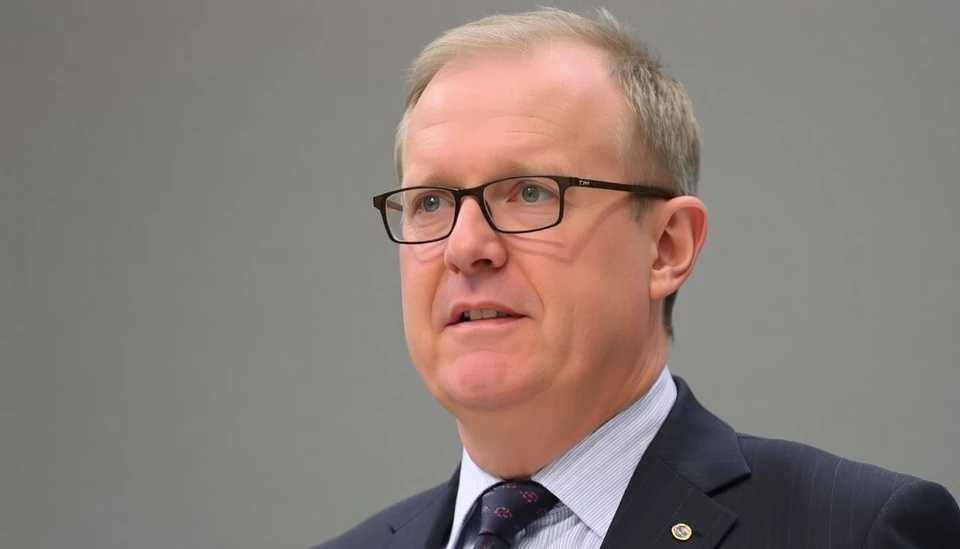
In a recent address, German Chancellor Olaf Scholz emphasized the necessity for the European Union to implement more robust protective measures regarding steel imports. This statement comes amid growing concerns about the impact of external steel producers on the European market and the broader implications for the continent's economy.
Scholz’s call for action was propelled by the rising influx of steel imports from countries with lower production costs, which he argues poses a substantial threat to European steel manufacturers. The Chancellor pointed out that without appropriate protective tariffs and regulations, the EU's steel industry could face detrimental consequences, potentially leading to job losses and factory closures across the region.
During his speech, Scholz highlighted the critical role that the steel industry plays in ensuring the strength of the European economy, particularly as the continent shifts towards more sustainable production methods. He firmly believes that an immediate response is crucial to shield local producers while navigating the complex dynamics of global trade.
The Chancellor's remarks align with broader efforts within the EU to bolster its industrial capabilities amidst rising competition from foreign suppliers. By advocating for tighter controls and protective measures, Scholz aims to reinforce the existing framework and encourage local production while simultaneously addressing the challenges posed by imported steel.
This issue has stirred discussions among EU member states, with various leaders weighing in on the necessity of strengthening protective measures. The European Commission is under pressure to respond promptly, as the consequences of inaction could ripple through other sectors reliant on a stable steel supply.
As tensions rise over trade dynamics, Scholz’s appeal reflects growing concerns not only for the steel sector but also for the resilience of the EU’s economy as a whole. He reiterated that the EU must adapt to the changing landscape of global trade and ensure that its industries can compete fairly.
Looking forward, it remains to be seen how the European Commission will navigate these challenges and whether any concrete measures will be implemented in response to Scholz's urgings. In a political climate marked by uncertainty and economic pressures, safeguarding local industries while maintaining competitive trade relations is a delicate balance for EU leaders.
Scholz’s push for more stringent protections serves as a timely reminder of the ongoing challenges faced by the steel industry in Europe and the urgent need for a cohesive response from EU policymakers to ensure the sector’s vitality and competitiveness in the global market.
#Germany #EU #SteelImports #OlafScholz #TradePolicy #EconomicProtection #EuropeanUnion
Author: Daniel Foster




